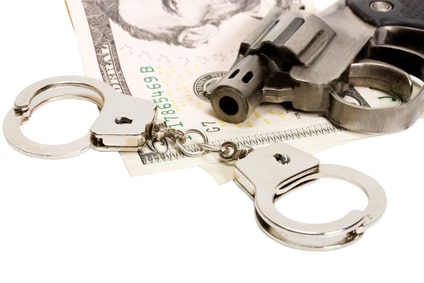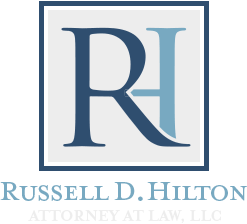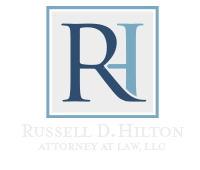What can I do if Police seized my money?
South Carolina drug forfeiture law states:
(a) The following are subject to forfeiture:

(2) all raw materials, products, and equipment of any kind which are used, or which have been positioned for use, in manufacturing, producing, compounding, processing, delivering, importing, or exporting any controlled substance in violation of this article;
(3) all property which is used, or which has been positioned for use, as a container for property described in items (1) or (2);
(4) All property, both real and personal, which in any manner is knowingly used to facilitate production, manufacturing, distribution, sale, importation, exportation, or trafficking in various controlled substances as defined in this article;
(5) all books, records, and research products and materials, including formulas, microfilm, tapes, and data which are used, or which have been positioned for use, in violation of this article;
(6) all conveyances including, but not limited to, trailers, aircraft, motor vehicles, and watergoing vessels which are used or intended for use unlawfully to conceal, contain, or transport or facilitate the unlawful concealment, possession, containment, manufacture, or transportation of controlled substances and their compounds, except as otherwise provided, must be forfeited to the State. No motor vehicle may be forfeited to the State under this item unless it is used, intended for use, or in any manner facilitates a violation of Section 44-53-370(a), involving at least one pound or more of marijuana, one pound or more of hashish, more than four grains of opium, more than two grains of heroin, more than four grains of morphine, more than ten grains of cocaine, more than fifty micrograms of lysergic acid diethylamide (LSD) or its compounds, more than ten grains of crack, or more than one gram of ice or crank, as defined in Section 44-53-110, or unless it is used, intended for use, or in any manner facilitates a violation of Section 44-53-370(e) or fifteen tablets, capsules, dosage units, or the equivalent quantity of 3, 4-methylenedioxymethamphetamine (MDMA);
(7) all property including, but not limited to, monies, negotiable instruments, securities, or other things of value furnished or intended to be furnished by any person in exchange for a controlled substance, and all proceeds including, but not limited to, monies, and real and personal property traceable to any exchange;
(8) all monies seized in close proximity to forfeitable controlled substances, drug manufacturing, or distributing paraphernalia, or in close proximity to forfeitable records of the importation, manufacturing, or distribution of controlled substances and all monies seized at the time of arrest or search involving violation of this article. If the person from whom the monies were taken can establish to the satisfaction of a court of competent jurisdiction that the monies seized are not products of illegal acts, the monies must be returned pursuant to court order.
While the statute is broad, there are procedures that law enforcement must follow in order to keep the money or property that was taken. Contact Russell D. Hilton, Attorney at Law, LLC so that he can assist you with these seizures.


 Russell D. Hilton, Attorney at Law, LLC is located in Summerville, SC. We serve areas in
Russell D. Hilton, Attorney at Law, LLC is located in Summerville, SC. We serve areas in